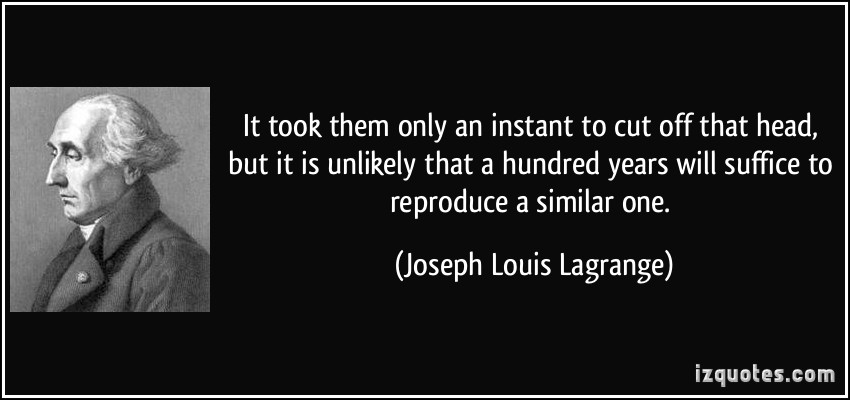Bruce Greyson is a well published professor of neurobehavioural sciences.
He set the accepted standards for analysing such experiences.
He has long list of publications. Or read his book "after"
Some of the incidents he publicises from a life time of analysing are way beyond random chance. There really was conscious experience of other places and situations the patient cannot have known otherwise, not least because in some the cortex was inactive at the time.
It is what got Greyson - who worked in ED at the time - interested in the problem.
There is a body of evidence science cannot explain but cannot discount. Science is STUCK because it can only analyse the repeatable, or that which can be made to repeat, or that which can be modelled.
I have asked you several times about the effects of anesthesia. Once again:
And yet this is clearly not what happens under anesthesia. Instead, consciousness totally (or almost totally) disappears until the effect wears off. When the person awakens, he has no memory of what he was thinking about during the operation.
I see you quote it back and just ignore this. I will assume this means you have no answer to this point, and I will mark it down as being unrefuted.
I am not talking about near death experiences. I am talking about anesthesia for scheduled procedures. If consciousness continued throughout the procedure, then a person could start counting as the anesthesia begins, and consciously count to a thousand while waiting for the effect to wear off. This does not happen. You have no explanation for this, do you? I will make note that all you can do is ignore this argument.
You go on about near death experiences. What does that have to do with anything? People near death can be fading in and out of a state with some awareness of what is going on. They will commonly experience things like a fading of peripheral awareness, which can feel like going through a tunnel. But they always have a functioning brain. This is the problem for your argument. There is abundant evidence that it is the brain that thinks. And the brain is still there. You have ignored it all, and then come back and say that people with brains have vague memories of things that happened while their brains were in a near-death state. What does that have to do with this discussion?
I illustrated the problem. Identical Twins have remote sensed the death of the other. There is no experiment you can do to verify it. The inability of some evidence to fit in the scientific model, and that because it cannot be reporduced on demand is a problem with the limited scope of the scientific process and model. Its a problem with limitations of science, Not the evidence.
So move on. There is more to the universe than orthodoxy.
This kind of "awareness" is easy for a person to visualize later, when it is all pieced together and the twin "remembers" feelings at the time of his twin's death. But of course, he may have had many similar experiences at other times, but never remember those, for they aren't important. So one must show that such experiences happen associated with a twin's death more than than what would happen by chance.
And even if a twin had the ability to sense a twin's death, how does that prove it is not the brain that thinks? All that would prove is that there is another sense that enables twins to sense things at a distance. That doesn't prove that something besides the brain is doing the thinking.
As for "peer reviewed" it is certainly overrated. An analysis of peer review showed many errors are allowed through in systematic testing. There is pseudoscientific hogwash that passes peer review. Not least It depends on the beliefs of the peers.
The references in this illustrate the problem.
Peer review: a flawed process at the heart of science and journals
Too much peer review is based on protecting "orthodoxy".
Uh, what would you put in the place of peer review?
It is easy for people to write something that sounds scientific that can fool many people. Since many people buy the argument, does that prove it is sound? No. The argument might be full of holes that those people do not understand.
Experts in the field can analyze the arguments and point out the flaws. That is what peer-review is all about. That is a vital part of science. But you remove that step, yes? If you remove that step, how do you know the science you are listening to is not full of holes that could be easily refuted by informed scientists?
Scientific evaluation of arguments has always been a big part of science. When a scientist writes something, others will later write of points in the analysis that the first scientist missed.
Formal peer review allows much of this analysis to happen before it is even published. If there are flaws that peers can readily see, then it probably should not be presented as good science. If on the other hand, informed scientists have looked at it and seen no serious flaws, that paper could be something that is good to share with non-experts in the field. Is peer-review perfect as currently practiced? Of course not. But it is a good first step in analyzing the argument.
How do you keep from being bamboozled by flimflam that could have easily been refuted by informed scientists? One of the many tools I use is to check if the article was peer reviewed. How do you do it?


